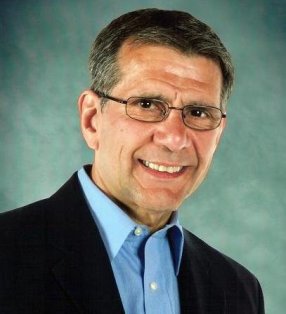Today, we continue our conversation with Margaret Meloni,  Margaret is a project management guru and the founder of Meloni Coaching Solutions, Inc. In her more than 18 years in corporate America which included roles in Fortune 500 management, Margaret observed how individuals who learned to cope with conflict succeeded and recognized their full potential, while others became road blocked.
Margaret is a project management guru and the founder of Meloni Coaching Solutions, Inc. In her more than 18 years in corporate America which included roles in Fortune 500 management, Margaret observed how individuals who learned to cope with conflict succeeded and recognized their full potential, while others became road blocked.
You can connect with her via @Facebook @Twitter @LinkedIn
- While they are talking do not try to form your response. Paraphrase or mirror back to them what you think they are saying, keep working at it until you have an understanding.
- .Be strategic in the communications that you share with others. When you send an email or publish a document or memo, make sure there is a valid reason. Try to consolidate and plan your communications so that your team and your stakeholders do not receive multiple emails from you, when one would have sufficed. Everyone has too much to read, try and make it easy for them.
- .If people find that you do not listen or that you do not act upon communications in a timely manner, they might give up on you. If they give up on you your 90% communications time will be time spent desperately trying to keep in the loop, instead of time spent proactively engaging in productive communications. If people find that you hit them with too many meaningless communications, they will stop listening to you and stop reading emails from you; that isn’t the communication brand you want, is it?
- Define the words that describe you as a professional. Remember, if you do not start with a clear definition, how can others see who you are and what you are made of?
- Take your words (I call them brand words) and put them together into a few sentences.
- Review your brand words. Define actions that support these words. These are the actions or behaviors that you should be regularly exhibiting.
- Keep track of your actions. You know how you want to be perceived and you have defined actions that support that perception, are you acting appropriately?
- Ask others to describe you. Your reputation is in their hands. What are they saying?
- Objectively review the perceptions others have shared with you. Decide what information you will accept and what you will reject.
- Consider making some changes.
- Become aware of what triggers you to behave in a way that is not compatible with your brand.
- Recognize that managing your brand is part of your career development, grow your brand AND your technical skills.
 success.
success.
